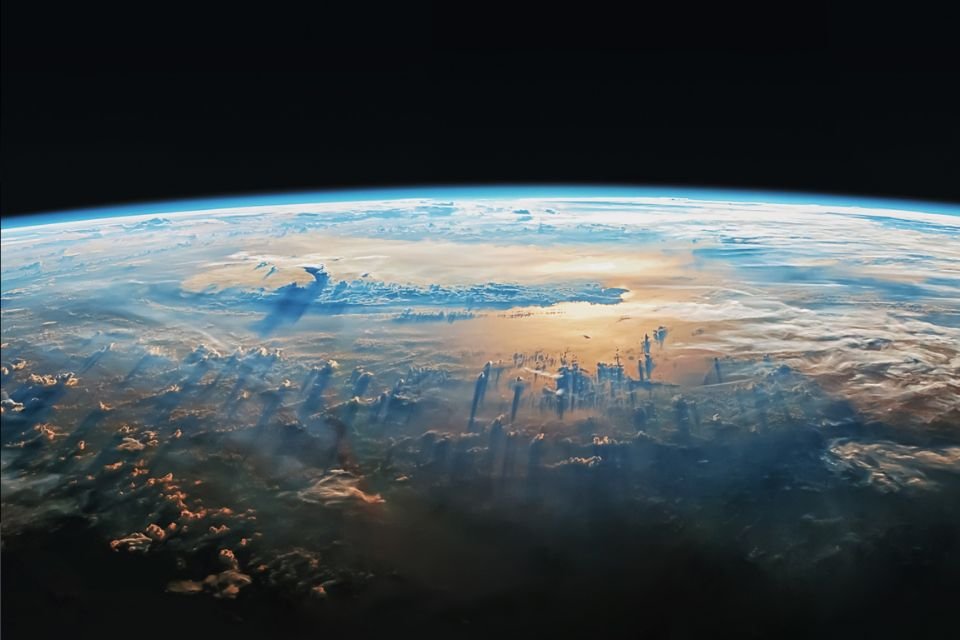Scientists at the University of Porto in Portugal have conducted alarming research that points to the possibility. from the world enter an irreversible chaotic state due to the impact of human activities on the climate system.
The study, based on superconductivity theories, reveals that the planet is at a critical point at which it will be impossible to restore the climate balance.
The article, published on the arXiv pre-release server in April 2022 and pending peer review, indicates that there is limited human activity. Irreversible “Greenhouse World”.
The effects of climate change, such as droughts, heat waves and extreme events, are widely known, but if the Earth System enters a chaotic behavior, we will lose all hope of solving this problem, warns physicist Orfeu Bertolami.
The study addresses the proposal of the Anthropocene, a new geological epoch in which human activity has had a significant impact on Earth’s global system of geosphere, biosphere, hydrosphere and atmosphere. Using the Ginzburg-Landau theory, originally developed to model superconductivity, the researchers modeled the Holocene to Anthropocene transition as a phase transition.
Phase transitions are common in nature and previous research shows that it is possible to predict climate change using this model. The results show that we can follow a relatively predictable trajectory. leads to a stable climate with an average temperature higher than todaywhich already has serious consequences for humans and animals.
However, in the most extreme scenario, the Earth will be plunged into chaos with seasonal fluctuations and unpredictable extreme weather events. makes it impossible to mitigate and improve a stable climate.
Researchers emphasize that the transition to a chaotic climate is not inevitable, but should be considered as a real possibility in order to develop effective strategies to mitigate climate change and manage the Earth system in the future.
Based on a logistic map that describes the limited growth of variables such as the amount of carbon in the atmosphere, they examined different possible trajectories of human activity and how this would affect Earth’s climate.
As scientists continue to analyze data and refine climate models, the results of this study remind us of the urgency to act and encourage significant changes in our environmental habits and policies.
Source: Tec Mundo
I’m Blaine Morgan, an experienced journalist and writer with over 8 years of experience in the tech industry. My expertise lies in writing about technology news and trends, covering everything from cutting-edge gadgets to emerging software developments. I’ve written for several leading publications including Gadget Onus where I am an author.












